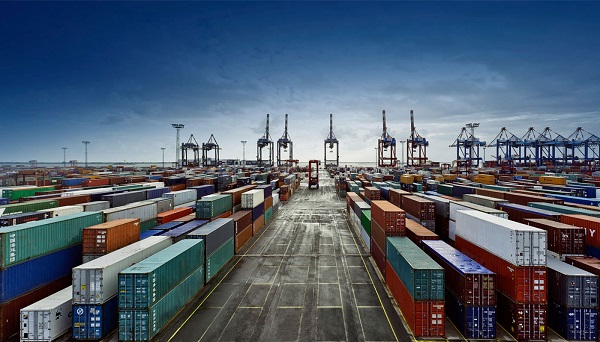Iranian customs duties
Customs duties are one of the most important factors and costs of imports to Iran. Since Iran is an observer member in WTO, therefore it has no commitment to implement rules and tariff reduction policies.
Of course, governments tend to reduce custom duties and taxes in order to increase international trade.
But supporting local production and industries is one of the important motivations for government revenue which will usually result in receiving import duties and high taxes.
In Iran, goods are classified according to the HS code. And for each category of goods; rates are obtained based on the governance local industry supportive policies or based on local consumer supportive policies.

Iranian customs duties
Iran import duty rates are revised and approved by the Cabinet every year and may also increase or decrease during the year, which will present as internal Iranian customs administration’s circulars. These circulars are not necessarily included in the Iran customs tariff table. Because, the Iranian customs authorities are responsible for receiving 66 kinds of import duties in Iran. And these are surcharges of Iranian customs duties that are not written in the book.
Base on Iran customs regulations according to the type of goods, the importer is obliged to pay charges to a number of organizations. For example, in the current year (2017), one percent of the goods value should be paid to the Red Crescent Organization. Or for importing car to Iran, according to the type of vehicle and its motor capacity the importer is obliged to purchase and dispose number of depreciable vehicles or pay the equivalent amount.
These policies are not integrated in a coherent way, and include set of circulars. If importers do not use Iranian customs consultant advises, they will understand these issues when they make imports. And not only it costs a lot, but also it takes lots of time.
Sometimes importing some goods to Iran, seasonally or monthly will face restrictions or prohibitions. Not considering this issue will result in the goods detention in warehouses and Iran customs.
These are only some aspects of the importance and necessity of using Kara’s Iranian customs consultants.
One of the most important factors in determining the import duty in Iran is the goods value recognition method. In Iran customs, goods are not accepted with the presented values in the real invoice most of the time. And delivering the invoice from the seller to Iran customs administrations is very unlikely to be accepted. Mainly Iranian customs relied on the price records in the customs and customs duties will calculated on the basis of this record; unless the trader insists on his purchase price. In this case, with more time, but with the help of Kara’s Iranian customs brokers, the actual purchase price of the good can be provided at the Iranian customs administration office and we can defended it legally.
In addition to these issues, it should be noted that Iran’s prohibitions and restrictions on imports are countless. For import to Iran, there are more than 32 licensing organizations depending on the type of goods.
Iran has a blue ocean market. It will bring significant profits to international sellers and traders, but it depends on proper Iran market research and Iran market analysis.
Kara as an Iranian customs clearance company helps you for calculating Iranian customs duties.


